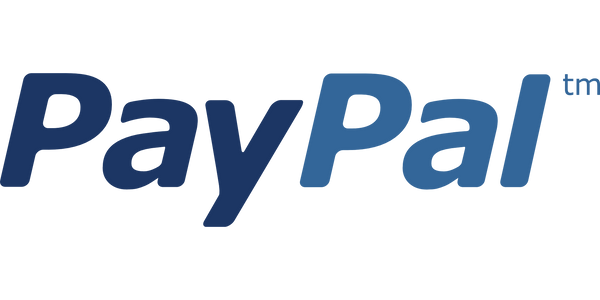Top 5 most common PayPal scams of 2023 and how to avoid them

PayPal has revolutionized the way we transact online, offering a convenient and secure method to send and receive payments. However, its popularity has also attracted cybercriminals constantly devising new ways to trick unsuspecting users.
Here are the most common PayPal scams and how you can protect yourself
1. "Your account is about to be suspended." Scam (and other issues related to your account)
Phishing scams are the most common form of PayPal scams. Fraudsters send emails posing as PayPal, signaling "problems" with the account and asking users to log in via a link provided in the email to resolve the issue.
The link leads to a fake website designed to steal your login credentials.
How to avoid: Never click on links in suspicious emails. Always log in to your PayPal account directly from your browser or the official app.
2. "You've been paid." Scam
Some fraudsters try to trick you into thinking that you've received a payment. For example, if you sell anything online, they can pose as buyers, engage in conversations about your products, and agree on price and shipment. Lastly, they use this trick, sending a fake confirmation from PayPal that you've been paid.
How to avoid: Before shipping anything, log into your PayPal account and check that you were paid.
3. "You have been paid too much." Scam
Fraudsters may try to convince you that you've been paid more than you were owed. Here's an example from the PayPal communication warning about spam.
A phishing email says that you've been paid $500 USD for a camera you listed at $300 USD! The sender asks you to ship the camera in addition to the extra $200 USD you were "paid" by mistake. In this example, the scammer wants your camera AND your money but hasn't actually paid you at all.
Other variations on the same theme can include: "You have money waiting" and "payment pending."
How to avoid: Log into your PayPal account directly from your browser or the official app
and check that you were paid and the status of any payment before sending anything.
4. The "advance payment" scam
Typically, fraudsters will ask you to send some smaller amount (for taxes, legal documents, etc.) before they can send you a larger sum of money you've won or inherited.
Be cautious with any offer for free money; they are unlikely to be true.
Another variation of this scam is "Your account limit needs to be expanded" in order to receive money for a transaction that seems genuine; for example, you are selling something, and you have a buyer. But once you send the small sum, you never hear from the scammer again, and you are out of the money you sent.
How to avoid: Check your PayPal account directly to see if you have any notifications or details about the transaction.
5. Fake charities scam
This usually happens when there is a refugee crisis, a terrorist attack, or a natural disaster (like an earthquake, flooding, or famine). Scammers set up fake charities or donation sites and ask for contributions via PayPal to fake charities.
How to avoid: Thoroughly check the background of any charity to make sure your donation goes to real victims.
How to identify real PayPal emails
An email from PayPal will:
· Come from paypal.com. Scammers can easily fake the "friendly name," but it's more difficult to fake the full name. A sender like "PayPal Service ([email protected])" is not a message from PayPal. But sophisticated scammers can sometimes fake the full name, so look for other clues.
· Address you by your first and last names or your business name.
An email from PayPal won't:
· Ask you for sensitive information like your password, or credit card number.
· Contain any attachments or ask you to download or install any software.
Check now if your card credit details have been exposed on web
If you had a suspicious interaction but wanted to know if you revealed important data, check out now. Use Bitdefender Digital Identity Protection to see which personal information is on the internet and where: passwords, physical addresses, and credit card details.
With Bitdefender Digital Identity Protection, you can see your digital footprint at a glance, check your breach history, and map risk. In case of being involved in a breach, you receive notifications about the event, details about your data, and easy, 1-click action items to minimize risks.
Read more about our identity protection and privacy solutions here.
tags
Author
Cristina is a freelance writer and a mother of two living in Denmark. Her 15 years experience in communication includes developing content for tv, online, mobile apps, and a chatbot.
View all postsRight now Top posts
Fake Download of Mission: Impossible – The Final Reckoning Movie Deploys Lumma Stealer
May 23, 2025
Scammers Sell Access to Steam Accounts with All the Latest Games – It's a Trap!
May 16, 2025
How to Protect Your WhatsApp from Hackers and Scammers – 8 Key Settings and Best Practices
April 03, 2025
FOLLOW US ON SOCIAL MEDIA
You might also like
Bookmarks







